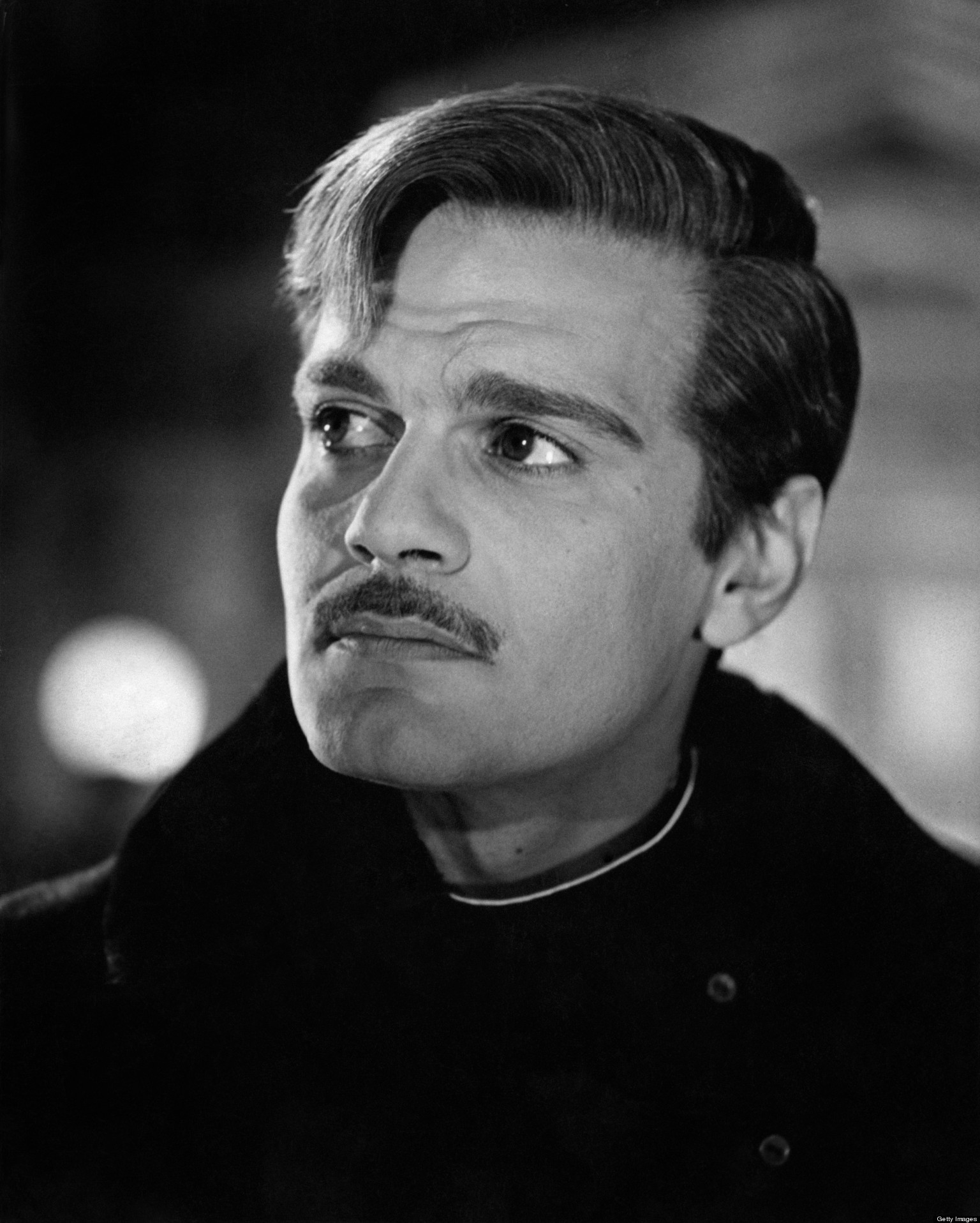
A collection of four short stories was published the following year under the title Aerial Ways. In 1924 he published Sublime Malady, which portrayed the 1905 revolt as he saw it, and The Childhood of Luvers, a lyrical and psychological depiction of a young girl on the threshold of womanhood. With My Sister Life, 1922, and Themes and Variations, 1923, the latter marked by an extreme, though sober style, Pasternak first gained a place as a leading poet among his Russian contemporaries. Pasternak's first books of verse went unnoticed. After four months there and a trip to Italy, he returned to Russia and decided to dedicate himself to literature. By 1912 he had renounced music as his calling in life and went to the University of Marburg, Germany, to study philosophy. Under the influence of the composer Scriabin, Pasternak took up the study of musical composition for six years from 1904 to 1910. Pasternak's education began in a German Gymnasium in Moscow and was continued at the University of Moscow.

Though his parents were both Jewish, they became Christianized, first as Russian Orthodox and later as Tolstoyan Christians.

Boris Leonidovich Pasternak was born in Moscow to talented artists: his father a painter and illustrator of Tolstoy's works, his mother a well-known concert pianist.


 0 kommentar(er)
0 kommentar(er)
